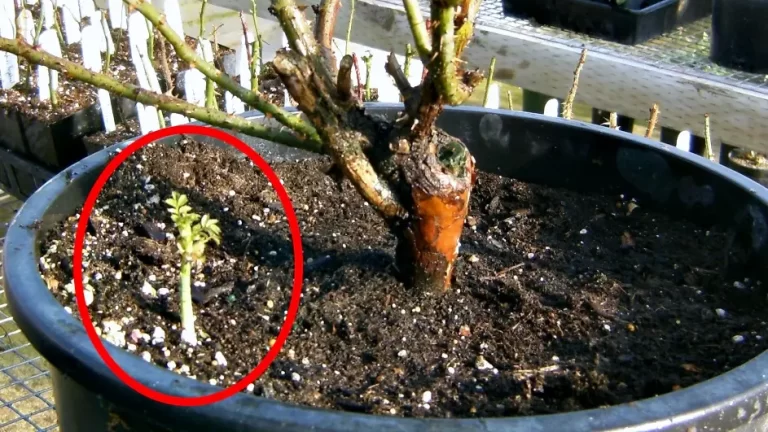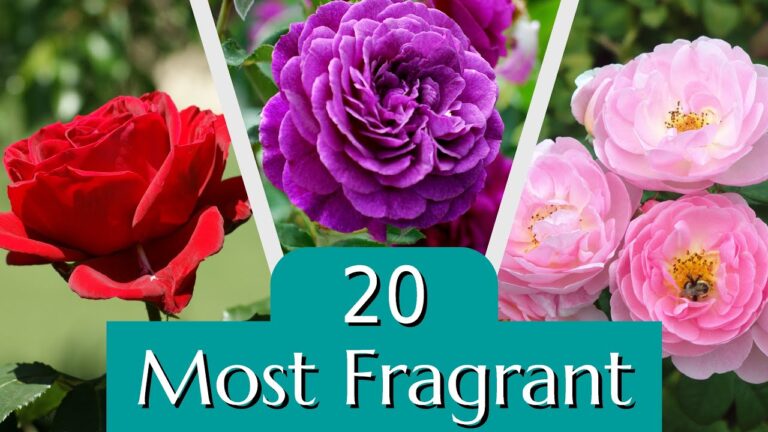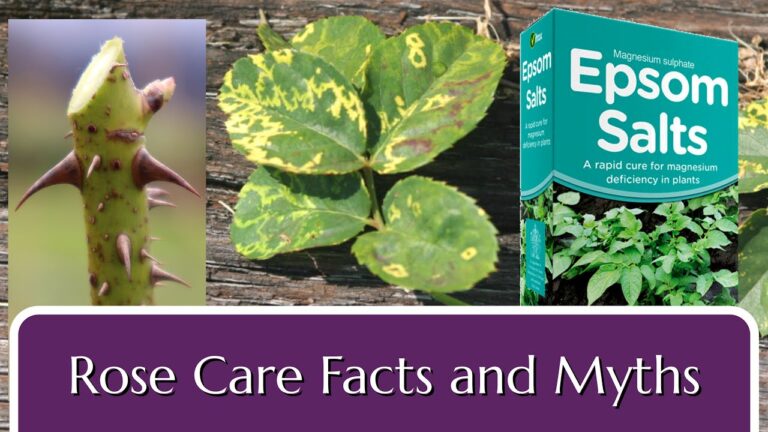Growing roses from cuttings can be incredibly rewarding, offering an affordable way to propagate your favorite varieties. However, proper nutrition is essential to ensure healthy development once your cuttings begin to root. Here’s what you need to know about fertilizing rose cuttings, with clear advice to help your young plants thrive.
No Fertilizer During Rooting—And Here’s Why
When you first take rose cuttings, they don’t have roots to absorb nutrients. Applying fertilizer too early can harm the delicate process of root formation, as unused nutrients can build up and damage plant tissues or foster pathogen growth. During the initial rooting phase, focus on maintaining high humidity, consistent moisture, and warm temperatures. Use a rooting hormone to encourage root development and ensure your medium is sterile and well-draining.
When and How to Start Fertilizing
Once your rose cuttings have developed roots—usually after 3–6 weeks—it’s time to begin fertilizing. At this stage, the plants are transitioning to active growth and can benefit from a light, balanced nutrient supply.
- Start With a Dilute Liquid Fertilizer
Use a half-strength liquid fertilizer for the first few weeks after rooting. This gentle approach prevents nutrient overload while providing your young plants with the essential nutrients they need. - Increase Gradually
Over the next 3–4 weeks, gradually increase the fertilizer to full strength as the plants establish themselves. By the time they’re ready to transplant into a larger pot or the garden, they should be able to handle a regular feeding regimen.
Phosphorus Myths and Nutrient Ratios
It’s a common gardening myth that phosphorus specifically promotes root development. While phosphorus is an essential nutrient, it plays a role in overall plant health, not just root growth. Roses require phosphorus in proportion to other nutrients, rather than at higher levels. For rose cuttings, and roses in general, a simplified ratio like 2-1-2 or 3-1-3 works well. These ratios reflect the fact that nitrogen is more important for vegetative growth, including leaf and stem development, while potassium supports overall vigor, including resistance to stress.
Key Nutrients to Include:
- Nitrogen (N): Supports leafy growth and overall plant development.
- Phosphorus (P): Essential for energy transfer and overall plant metabolism.
- Potassium (K): Promotes plant resilience and regulates water movement.
- Magnesium and Calcium: Magnesium is critical for chlorophyll production, while calcium supports cell wall integrity.
- Micronutrients: Iron, zinc, and manganese are necessary in small amounts to prevent deficiencies.
Look for fertilizers labeled as complete, with balanced macros and included micros, to avoid nutrient imbalances.
Tips for Success With Fertilizing Rose Cuttings
- Use a Quality Liquid Fertilizer
Liquid fertilizers are easy to dilute and ensure even distribution in the soil or growing medium. Look for formulas designed for general-purpose use with roses or other ornamentals. - Avoid Overfeeding
Applying too much fertilizer, too soon, can harm young rose plants. Err on the side of caution, especially in the early stages. - Incorporate Organic Options
Products like fish emulsion or compost tea can provide a gentle, nutrient-rich boost without the risk of over-fertilization. These options are particularly useful if you prefer organic gardening practices. - Monitor Your Plants
Watch for signs of nutrient deficiencies (yellowing leaves, stunted growth) or excess (leaf burn, salt buildup). Adjust your feeding schedule as needed to keep your cuttings healthy.
Conclusion
The best fertilizer for rose cuttings supports their growth gradually, aligning with their developmental stages. During rooting, focus on environmental conditions rather than feeding. After roots form, start with a diluted, balanced fertilizer and work up to full strength over a few weeks. By using a well-rounded formula like 2-1-2 or 3-1-3 with essential micros, you’ll give your rose cuttings the best chance to grow into robust, healthy plants.
With the right care and a little patience, your rose cuttings will reward you with beautiful blooms in the seasons to come!




